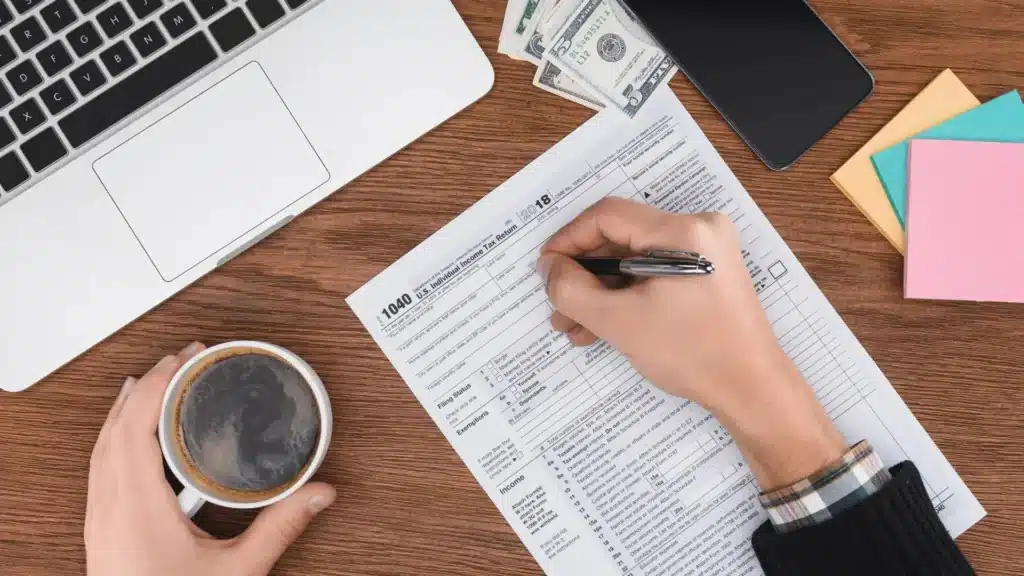People often wonder, does a preacher pay taxes? The answer isn’t straightforward because the tax rules for clergy members have special considerations. While preachers do have to pay taxes on their income, there are unique tax benefits like the housing allowance that can reduce their taxable income. In this blog, we’ll explore how taxes apply to preachers, what income is taxable, and what deductions and exemptions they can use.
Preachers receive income from various sources such as salaries, housing allowances, and sometimes offerings or honorariums. Each of these has different tax implications. Understanding these tax rules is important for preachers and religious workers to stay compliant with IRS regulations while maximizing legal tax benefits.
Tax Status of Preachers
The tax status of preachers can vary by country, but in the United States, preachers who are ordained, licensed, or commissioned by their religious organizations are generally considered self-employed for tax purposes. This means preachers pay taxes on their income and are responsible for self-employment taxes, which include Social Security and Medicare contributions.
However, preacher taxes come with some unique benefits. For instance, the IRS allows preachers to exclude their housing allowance from taxable income, effectively reducing their overall tax burden. Additionally, under certain conditions, preachers may opt out of Social Security and Medicare taxes if they meet specific religious criteria. Despite these exemptions, preachers must comply fully with tax laws and reporting requirements to avoid penalties.
Employee Status
It’s very important that preachers talk to their religious organizations and find out about their employment status. Are they self-employed or are they employed by the organization? Only then will they be able to pay their taxes.
Furthermore, this employment status of preachers also differs from one another based on their religious association. In some cases, preachers may be considered employees of their religious organization when they receive a salary or wages for their services.
Self-Employment Status
Self-employment is when you work for yourself. You don’t have a boss or an employer who gives you orders and signs your paycheck. People who are self-employed run their own business, they have their own working hours, and sometimes they even hire people to work for them. These people are required to pay the taxes. They have to pay the Social Security and Medicare taxes.
Tax Exemptions And Benefits
Preachers and clergy members are sometimes eligible for a few tax exemptions and benefits. But this depends on their employment status, what kind of work they do, and the laws in their respective country. MHere are some common tax exemptions and benefits that may apply to preachers:
- Housing allowance
In the United States of America, ministers and clergy members are eligible to exclude a portion of their salary designated as a housing allowance from their taxable income. This can result in significant tax savings for preachers who receive housing provided by their religious organization. They don’t have to spend anything on housing taxes.
- Clergy-specific deductions
If the clergy member is asked to wear a specific clothing or uniform as a rule to offer their religious duties, then the cost of purchasing and maintaining these items are also deductible as business expenses.
- Exclusion on parsonage allowance
A parsonage is a house or an apartment provided by the religious association. In some countries, preachers and memories of the clergy who live in a parsonage are eligible to exclude the value of that housing from their taxable income.
- Self-employment tax exemption
Based on their employment status and the tax laws in their country, clergy members are also given the opportunity to opt out of Social Security and Medicare taxes on their income. This only applies if they have the status of self-employed individuals.
- Contributing to their retirement plan
Preachers are also eligible to contribute to retirement plans such as a 403(b) or 401(k) plan sometimes. This provides many other tax advantages and it helps them save for their retirement.
- Charitable contribution deductions
Like other taxpayers, preachers are also able to deduct charitable contributions that are made to their religious organization or other qualified charities. However, this is also subject to many limitations and requirements.
- Educational expenses
Preachers and spreaders of faith who wish to pursue further education are exempted from certain educational expenses, such as tuition and books, as business expenses.
- Healthcare premiums
Preachers who pay for their own health insurance premiums are also eligible to deduct these expenses as self-employed individuals.
Conclusion
Clergymen and preachers are indeed required to pay their taxes like other self-employed individuals. However, they also have access to several unique benefits and exemptions, such as the housing allowance and possible Social Security tax exemptions. These perks can significantly reduce their overall tax burden when properly claimed.
To maximize these benefits, it’s essential for preachers to keep accurate records of their income and expenses. Using tools like Beem’s tax calculator can simplify this process, helping preachers better understand their tax obligations and identify eligible deductions. This ensures they comply with tax laws while optimizing their tax savings effectively. Download the app here.














































